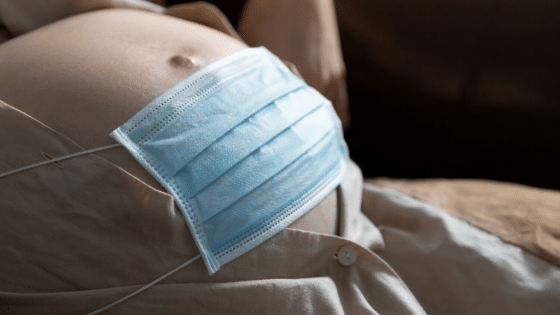How the Coronavirus Effects Fertility and IVF Treatments
Because this is a new virus, there is still so much to learn about its impact on fertility and pregnancy. At this time, there is no data about coronavirus infection causing infertility or birth defects, but there is some limited data on third trimester exposure.
Here are some common questions about COVID-19, fertility, and pregnancy.
Can we start fertility treatments?
On March 17, 2020, ASRM, the American Society for Reproductive Medicine, issued the following clinical recommendations which are current until April 13, 2020.
- Don’t initiate new treatment cycles — including ovulation induction, intrauterine insemination (IUI), in-vitro fertilization (IVF) (both egg retrievals and frozen embryo transfers), and non-urgent egg or embryo freezing.
- Strongly consider canceling all embryo transfers (fresh or frozen).
- Continue caring for patients who are “in-cycle,” or have urgent needs for stimulation or cryo-preservation (egg or embryo freezing), such as in cases of eminent surgery or start of medications that would affect fertility.
- Postpone elective surgeries and any non-urgent diagnostic procedures.
- Prioritize telemedicine over in-person contact.
Can we continue to try on our own?
If you don’t have COVID-19, there is no medical reason to stop trying to conceive. Because we know so little about the virus in pregnancy, you might consider postposing but this is a very personal decision.
Are pregnant women more susceptible to getting an infection?
As of now, there is no evidence that pregnancy increases your risk of getting a COVID-19 infection. Social distancing, face masks, and proper hand hygiene are the best protective measures against getting an infection.
Do pregnant women with COVID-19 have higher risks of serious illness?
We are not sure. With the flu, pregnant women are likely to experience more serious illness than the general population. Based on this historical information, there is concern that pregnant women may have more severe symptoms if they get COVID-19. However, a study from the American Journal of Obstetrics & Gynecology published April 6, 2020 looked at 43 pregnant women with the coronavirus in New York and a majority of them did not experience more severe illness than the general population.
What about increased risk of miscarriage or other complications?
Again, the data is too limited to make any conclusions. According to the CDC, there is no increased risk of miscarriage or fetal malformations in pregnant women with COVID-19. According to the American College of Obstetricians and Gynecologists, there might be an increased risk of preterm birth in pregnant women with coronavirus but because there is such little data, it is unclear if the preterm risk is due to the infection or something else.
What is the risk of passing the virus on to my fetus or newborn?
The risk of passing the infection to a fetus appears to be very low. Currently there is no evidence of any fetal malformations due to maternal infection with COVID-19. In the same study of 43 pregnant women in New York, 0 out of 18 babies tested positive for the coronavirus immediately after they were born. Another study of nine pregnant women in Wuhan, China who were infected with COVID-19 showed that none of their babies were affected by the virus. Notably, the virus was not present in amniotic fluid, the babies’ throats, or in breast milk. A separate study of 38 women in China infected with COVID-19 also found that none of the newborns tested positive for the disease. Finally, a report of 33 pregnant women in China infected with the coronavirus found that three of their newborns were infected. However, the newborns were tested when they were days old and it is not clear whether they were infected before or after delivery.
Can I breastfeed if I have a COVID-19 infection?
There is no evidence that the coronavirus infection can be passed from mother to child through breastmilk. Currently, the primary concern is protecting the baby from the virus which can be transmitted through the mother’s respiratory droplets while breastfeeding. A mother with confirmed or suspected COVID-19 should take all possible precautions to avoid spreading the virus to her infant, including hand washing and if possible, wearing a face mask while breastfeeding.
At Reproductive Health and Wellness Center, we are experts at treating fertility issues. We provide the latest in cutting-edge embryo science by using the latest technologies, and we create innovative fertility plans tailored specifically to each individual. But we’re so much more.









